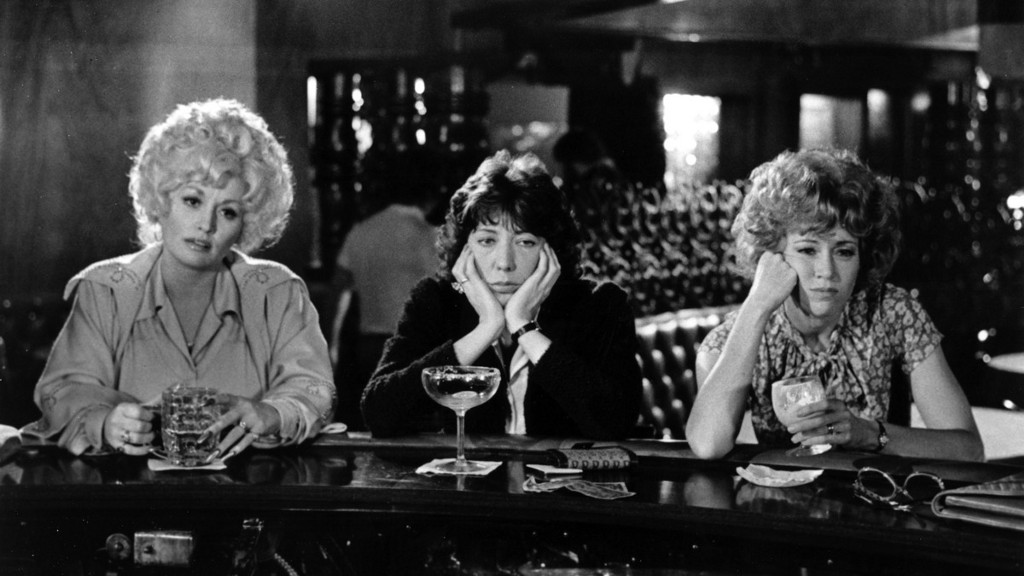Why Women Earn Less, In Their Own Words
The reasons women give for not asking for a raise

While we’d like to imagine that surely, at least for the most privileged women working today, the playing field must be basically fair, salary-wise, we also know that execs routinely offer single, childless white women like Jennifer Lawrence and Amy Adams less money than their male equivalents, and Gillian Anderson, and Katie Roiphe. Even at the top, in other words, the wage gap persists.
Money in general — as well as pay equity in particular — features prominently in Rebecca Traister’s absorbing #longread on single ladies for New York Magazine.
Remaining unmarried through some portion of early adulthood, especially for college-educated women, is intimately linked with making money. The “Knot Yet Report,” published in 2013, revealed that a college-educated woman who delays marriage until her 30s will earn $18,000 more per year than an equivalently educated woman who marries in her 20s. Women without college degrees also gain a wage premium if they delay marriage into their 30s, though only an average of $4,000 a year. (Both college-educated and non-college-educated men earn more money if they marry early.) …
by failing to offer women equivalent economic and civic protections [as have been given to men], thus helping to create conditions whereby they were forced to be dependent on those men, the government established a gendered class of laborers who took low-paying or unpaid jobs doing the domestic and child-care work that further enabled men to dominate public spheres.
So, yeah, wage-wise, American women still get rogered, married or single, mothers or child-free. Fun! And although the onus can’t be on individual women to fix a large-scale societal problem, since the situation extends across the pond, the Guardian decided to do some shoe-leather-type reporting to find out from several women themselves why they may have contributed to their own situations by not asking for raises. Their answers are illuminating, if not wholly unexpected.
One woman chose to prioritize flexible scheduling instead:
A man doing a similar job to mine in a different part of the company earns far more than me. I’ve pointed it out to my manager but he just says, “Well, he negotiated better.” I’ve recently had a child and now I’m not negotiating salary at all, I’m asking for flexibility and being able to work from home. I didn’t want to push it any further.
Another had to take time off to care for family members.
My income has gone down substantially because I had to take two years out to care for my elderly mother. … I think men are better than women at working out what’s valuable to the business, and then making sure everyone knows how they’ve contributed to it.
To one, money didn’t feel that important.
My boyfriend is driven by his career and what he’s earning, but money has never been something I’ve put a high value on.
Another said, “I’d wait ’til I’d done something exceptional.”
In my previous career I did ask for a pay rise, but only when I felt the timing was right, so I’d wait until I’d done something exceptional or there was a promotion on the horizon.
Less money for better work and good benefits seemed like a fair deal:
I suspect I’m probably not earning as much as I could be elsewhere or as much as I should be, but I hated my last role and was keen to do something else so it seemed worth taking the cut. It’s a public sector role, so there’s a good pension, better maternity and sick leave, good options for flexible working, all of which balances out the money. I’ve asked for pay rises in other jobs and I always find it a bit of a psychological challenge — you have to work yourself up to it.
Gender baggage: “I had felt it would be frowned upon to negotiate salary.”
I asked for a rise after seeing a survey that set out what other head teachers with my experience were earning — I was well below the average. Previously I had felt it would be frowned upon to negotiate salary, particularly in the public sector. I didn’t want to be seen to be focused on the financial gains, when I felt teaching should be a service role. I’ve got over that because I genuinely believe that I earn, and deserve, that salary.
And, last but not least, more gender baggage:
I’ve never asked for a pay rise. … I think being uncomfortable asking for more money is a female thing: we think we’re not worth it or that we have to be doing everything and doing it to an incredible standard. Men turn up and just say, “I did all of this, give me more money.” Women are more like, “Well, I did this bit, but the team helped here, and so and so did all this.” We’re uncomfortable taking all the credit.
Support The Billfold
The Billfold continues to exist thanks to support from our readers. Help us continue to do our work by making a monthly pledge on Patreon or a one-time-only contribution through PayPal.
Comments